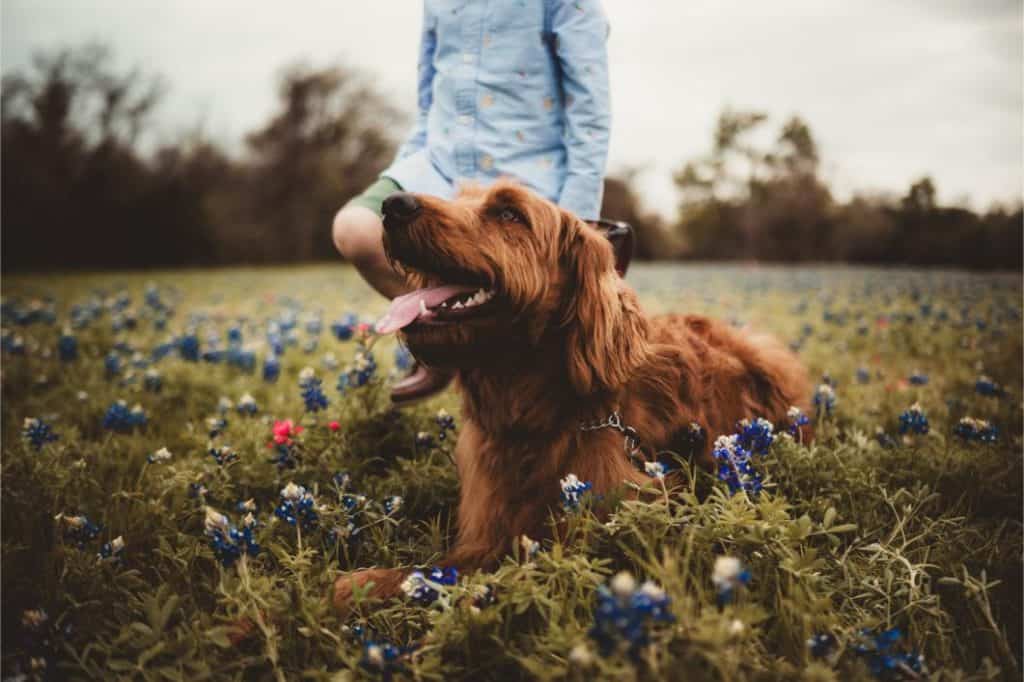Gardening Safely with Cats: Pet-Friendly Plants and What to Avoid
Gardening Safely with Cats: Pet-Friendly Plants and What to Avoid

Get your garden tools and green thumbs ready! If you’ve got a curious kitty who enjoys spending time outdoors, we’ve got pet-proofing garden strategies plus tips on pet-friendly plants so you can grow the garden of your dreams while keeping your favorite feline safe.
Check out the following pet-safe gardening advice from our caring team at Parkside Animal Hospital.
Poisonous Plants to Avoid
Before making a shopping list, it’s important to know what not to plant. Lilies are lovely, but they are poisonous plants for pets. Visit the Ontario SPCA and Humane Society website for a more complete list of poisonous plants, but here are a few popular plants that are toxic for pets:
- Sago Palm
- Lilies
- Azalea/rhododendron
- Chrysanthemum
- Marijuana
- Tulip/narcissus bulbs
- Oleander
- Cyclamen
Be mindful of these common garden veggies that are toxic to cats:
- Onions/scallions
- Leeks
- Garlic
- Chives
- Shallots
Choose These Pet-Friendly Plants
Cats and gardens can coexist safely with careful planning. Here are some of our favorite pet-friendly plants:
- Sweet potato vine
- Violets
- Gerber daisies
- Marigolds
- Impatiens
- Magnolias
- Petunias
These pet-friendly edibles are safe garden additions for pets:
- Basil
- Catnip
- Carrots
- Celery
- Cucumbers
- Green beans
- Peas
- Sweet potatoes
- Squash
Other Garden Hazards to Avoid
There’s more to pet-safe gardening than knowing what plants to buy. Other products that keep plants healthy pose garden hazards to pets.
Look for pest control alternatives. You’ve gone to all the trouble of planting a beautiful garden, and, understandably, you want to repel pests. Rather than reaching for chemical pesticides, opt for pest control alternatives like diatomaceous earth or nematodes to protect your plants while keeping pets safe.
Practice mulch safety for pets. Forego any mulch made from cocoa beans or cocoa shells. Use pine, cedar, or cypress mulches, which are generally considered safe. As an added bonus, cedar helps repel fleas!
Choose natural fertilizers. Manure, compost, potash, bone meal, and untreated grass clippings are safer alternatives to chemical fertilizers.
Create a posh potty spot. Keep cats from digging up your garden plants by giving them their own alfresco “litter box.” Choose a quiet, out-of-the-way spot and line it with a couple of inches of sand or soft soil. Surround the area with catnip or lemongrass to make it extra enticing to cats.
Create physical barriers. Keep cats from eating poisonous plants, digging, or taking potty breaks in your garden by installing chicken wire or fencing, or by using raised garden beds.
Protect Your Pet’s Health
Make sure your cat is up to date on immunizations and parasite control before letting your cat spend time in the great outdoors.
Contact Us for More Pet-Safe Gardening Tips
Whether you’re planting a few containers or sowing an acre’s worth of soil, pet-proofing garden strategies protect your pets and your plants! Contact us at (705) 223-3404 for more tips on pet-safe gardening or if it’s time for your cat’s checkup.
